The Department of Homeland Security (DHS) has proposed a rule change that would allow the collection of sensitive biometric data on all immigrants, without age restrictions, and store that data throughout each person's lifecycle in the immigration system. According to the proposed rule, DHS agencies, including Immigration and Customs Enforcement (ICE), would be able to broadly collect facial imagery, finger and palm prints, iris scans, and voice prints. The agencies may also request DNA, which DHS claimed would only be collected in limited circumstances, like to verify family relations.
The proposed rule change has been met with criticism from civil and digital rights experts, who are concerned about the potential misuse of biometric data. "This is a disturbing new excuse for DHS to seize kids' biometric data," said a spokesperson for the American Civil Liberties Union (ACLU). "The collection of biometric data without age restrictions is a clear overreach of authority and raises serious concerns about the impact on vulnerable populations, including children."
The proposed rule change would cost taxpayers an estimated $288.7 million annually, including $57.1 million for DNA collection alone. Annual individual charges to immigrants submitting data are likely to be similarly high, estimated at around $231.5 million. However, DHS admitted that the costs could be higher, especially if DNA testing is conducted more widely than projected. The agency also acknowledged that it does not know the full costs to the government of expanding biometrics collection.
The proposed rule change is part of a broader effort by DHS to modernize its immigration system and improve national security. However, critics argue that the move is unnecessary and would only serve to further erode civil liberties. "The collection of biometric data is a slippery slope," said a spokesperson for the Electronic Frontier Foundation (EFF). "Once you start collecting this type of data, it's difficult to control how it's used and who has access to it."
The proposed rule change has been met with opposition from lawmakers and advocacy groups, who are calling for greater transparency and oversight. In a statement, a spokesperson for the House Judiciary Committee said, "We are deeply concerned about the potential impact of this rule change on vulnerable populations and the lack of transparency surrounding the collection and storage of biometric data."
The proposed rule change is currently under review by the Office of Management and Budget (OMB) and is expected to be finalized in the coming months. If adopted, the rule change would go into effect on a date to be determined by DHS. In the meantime, civil and digital rights experts are urging the public to speak out against the proposal and demand greater protections for individual rights and freedoms.
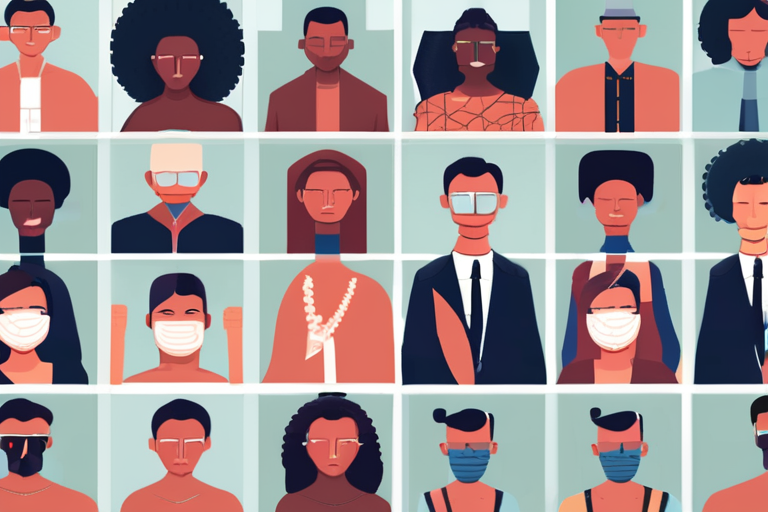


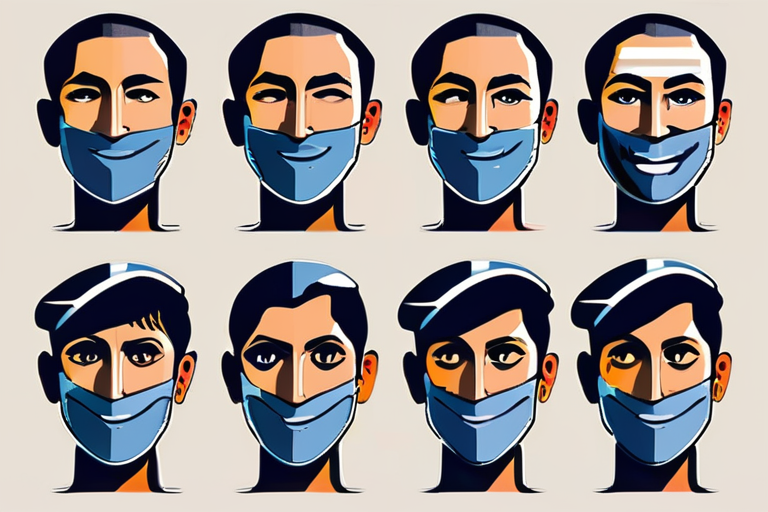

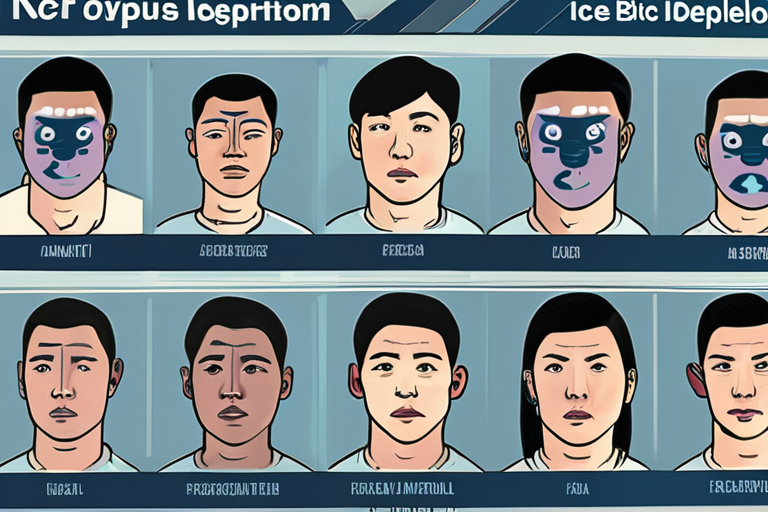



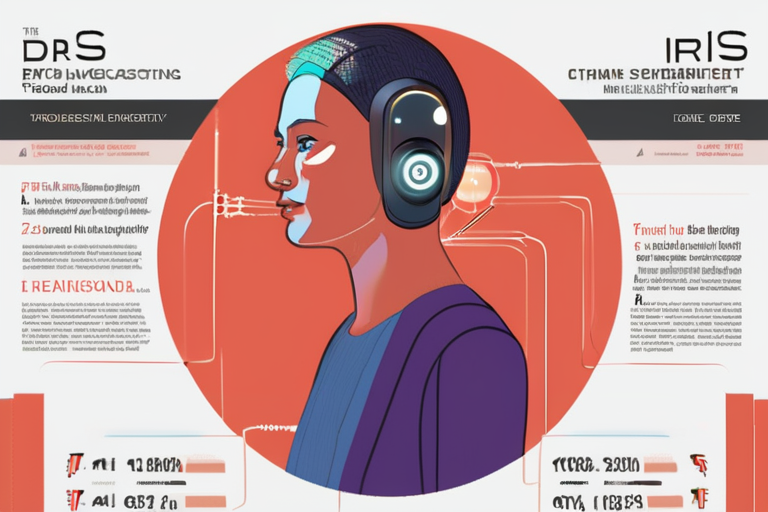






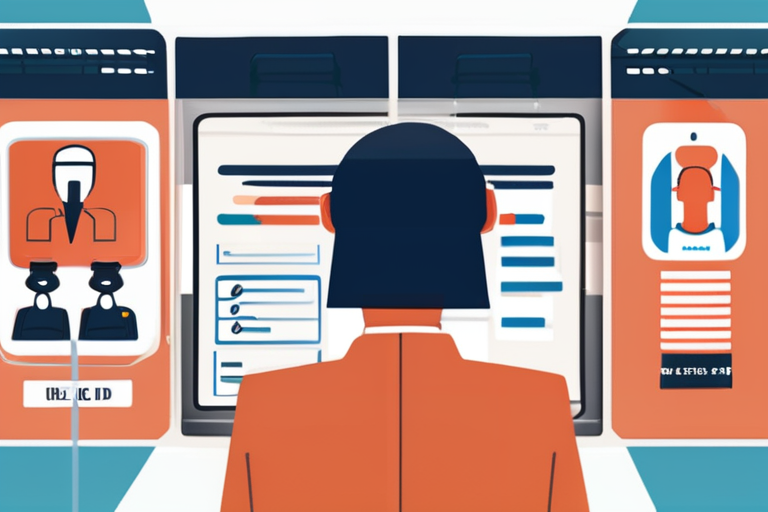







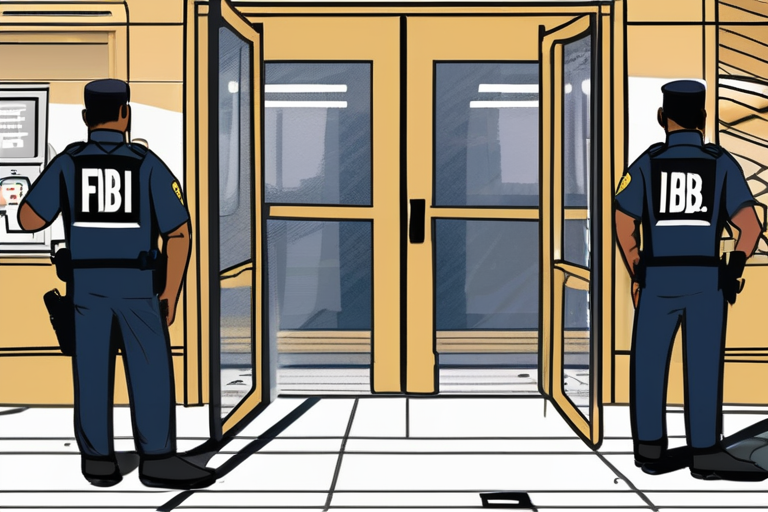
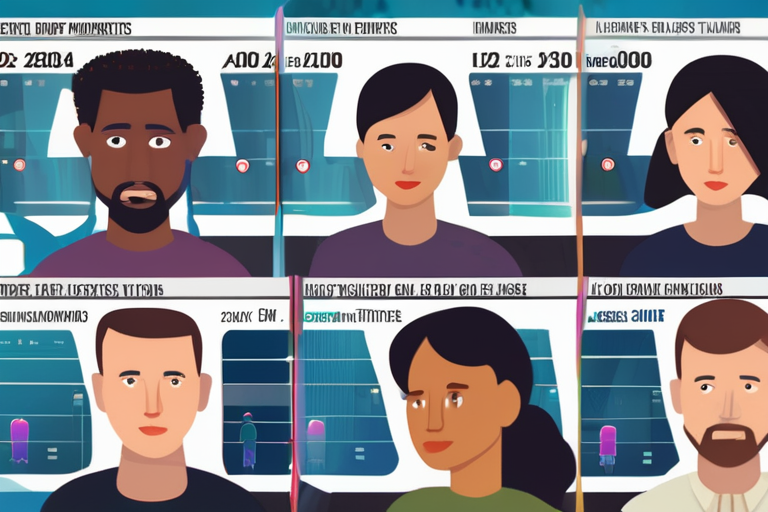

Share & Engage Share
Share this article